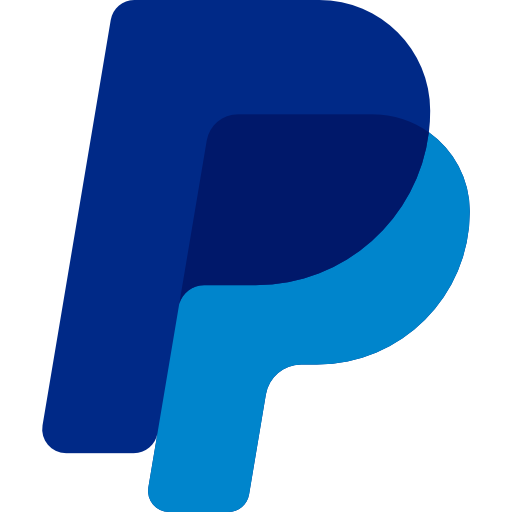
Table of Contents
Scaling Your Business with SaaS: Leveraging Software for Better Marketing Performance
In the dynamic business landscape of today, scaling effectively is no longer just an advantage; it’s a necessity. One of the most effective ways to scale is by leveraging Software as a Service (SaaS). SaaS solutions not only streamline operations but also offer marketing performance improvements that drive growth. In this blog, we’ll dive into how SaaS can help scale your business, focusing specifically on improving marketing performance.
What is SaaS and Why is it Vital for Scaling?
Software as a Service (SaaS) is a cloud-based model where users access software applications over the internet, usually through a subscription model. For businesses aiming to grow, SaaS tools offer scalability, flexibility, and a wide range of marketing functionalities without heavy upfront investment. Whether you’re a small startup or an established company, SaaS tools can provide the agility needed to stay competitive in the digital age.
How SaaS Solutions Improve Marketing Performance
1. Automation of Marketing Tasks
One of the biggest advantages of SaaS in marketing is automation. From email marketing to social media scheduling and customer relationship management (CRM), SaaS tools allow businesses to automate repetitive tasks, freeing up time for strategy and creativity. Automation leads to consistency, reduced error rates, and the ability to focus on high-value tasks.
2. Enhanced Data Collection and Analytics
SaaS platforms excel in data management and analytics, offering real-time insights into customer behaviors, preferences, and engagement. These insights allow marketers to create data-driven strategies and optimize campaigns based on actual performance, rather than assumptions. Tools like Google Analytics, HubSpot, and Salesforce provide actionable analytics to guide decision-making.
3. Improved Customer Targeting and Personalization
With SaaS tools, marketers can create highly personalized experiences by segmenting audiences based on demographics, buying behavior, and engagement levels. Personalization fosters better engagement, leading to higher conversion rates. Many SaaS platforms, such as Mailchimp and Klaviyo, allow marketers to deliver tailored content to specific audience segments.
4. Cost-Efficiency and Flexibility
SaaS tools eliminate the need for heavy infrastructure investment, reducing upfront costs and allowing businesses to allocate resources where they are most needed. With flexible subscription models, companies can choose plans that suit their current needs and easily scale as the business grows.
5. Access to Advanced Marketing Tools
Many SaaS platforms offer advanced marketing features like A/B testing, multi-channel marketing, and customer journey mapping. These tools allow businesses to fine-tune their marketing approach, identify what works best, and replicate successful strategies.
Top SaaS Tools for Marketing Success
Here are a few popular SaaS tools that help businesses scale through enhanced marketing performance:
- HubSpot: Comprehensive marketing, sales, and CRM platform.
- Mailchimp: Email marketing and automation tool.
- Hootsuite: Social media management platform.
- Google Analytics: Advanced analytics for tracking website performance and user behavior.
- Salesforce: CRM software that integrates marketing, sales, and customer service.
Each of these tools has a unique set of features designed to streamline marketing efforts and maximize ROI.
Case Studies: How Businesses are Scaling with SaaS
Case Study 1: Boosting Lead Generation
A B2B startup scaled its lead generation efforts by implementing HubSpot’s CRM and marketing suite. With automated workflows, email drip campaigns, and real-time reporting, they experienced a 30% increase in qualified leads within six months.
Case Study 2: Enhanced Social Media Engagement
A retail brand used Hootsuite to manage social media content across multiple platforms. By automating posts and tracking engagement, they achieved a 40% increase in follower growth and improved customer engagement by 25%.
Best Practices for Leveraging SaaS for Business Growth
- Choose Scalable Platforms: Opt for SaaS tools that can evolve with your business. This prevents you from needing to switch systems as your requirements grow.
- Focus on Integration: Many SaaS tools offer integrations with other platforms, allowing seamless data transfer. This integration is critical for cohesive marketing strategies.
- Regularly Review Performance Metrics: SaaS platforms offer robust reporting and analytics—use these to track performance and adjust your strategies accordingly.
Future of SaaS in Scaling Marketing
The demand for SaaS solutions in marketing is expected to grow exponentially. As more businesses realize the value of streamlined processes, automation, and data-driven decision-making, SaaS will become an essential component in marketing and scaling strategies. From AI-driven insights to improved data privacy features, SaaS platforms will continue to evolve, offering even greater tools for scaling businesses.
Conclusion
Scaling your business effectively requires tools that are agile, cost-effective, and capable of optimizing marketing performance. SaaS solutions offer these benefits and more, allowing companies to streamline marketing efforts, personalize campaigns, and reach new levels of growth. By leveraging SaaS for marketing, your business can unlock the potential for scalability and set the stage for long-term success.




